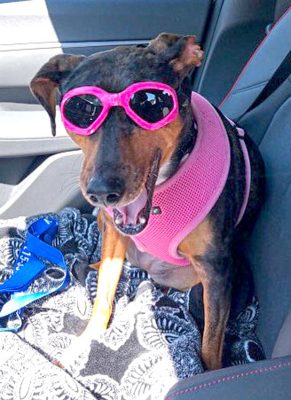 submitted by VCA Neshaminy Animal Hospital
submitted by VCA Neshaminy Animal Hospital
Though most rabies cases occur in wildlife, unvaccinated pets and pets with an expired vaccination are at risk.
Wild animals should be avoided and pets should be protected keeping them indoors, in a carrier, or restrained by a leash. Any suspicious wildlife activity or deaths should be reported to the local Animal Control Agency (typically skunks, raccoons, foxes, and bats).
Protection through Vaccination
Dogs and cats should be vaccinated against rabies and vaccinations should be kept up-to-date. If an encounter with a wild animal takes place, domestic animals with an expired rabies vaccination or without any rabies vaccinations may be classified as high risk and be required to undergo a quarantine process.
Additional Precautions
In addition to rabies vaccinations for pets and livestock, there are additional precautions to prevent possible exposure to rabies:
- Avoid contact with any wild animals, especially any that act in an unusual manner. Healthy wild animals generally avoid human contact. Teach children to stay away from all wild animals, stray domestic pets, or any dead animals, and to tell an adult if they are scratched or bitten.
- Wildlife suffering from rabies will often be out during the day, act violently, and may aggressively approach people or pets. Rabid wildlife might also stumble or have trouble walking.
- Do not let pets roam freely, since this can increase the chance of exposure without your knowledge. Contact your vet if your pet has been scratched or bitten.
- If a person has been bitten or scratched by a wild mammal, they should wash the area thoroughly with soap and water, seek immediate medical attention and also notify their local public health agency. Prompt medical treatment is the key to preventing rabies after a possible exposure.
- Do not feed wild animals, since this reduces their natural fear of humans. Do not leave pet food or livestock feed outside, or feed more than your outdoor pet will finish in one feeding.
PHOTO CAP: “Lexie” Merlino, one of our employee’s, enjoying the summer.